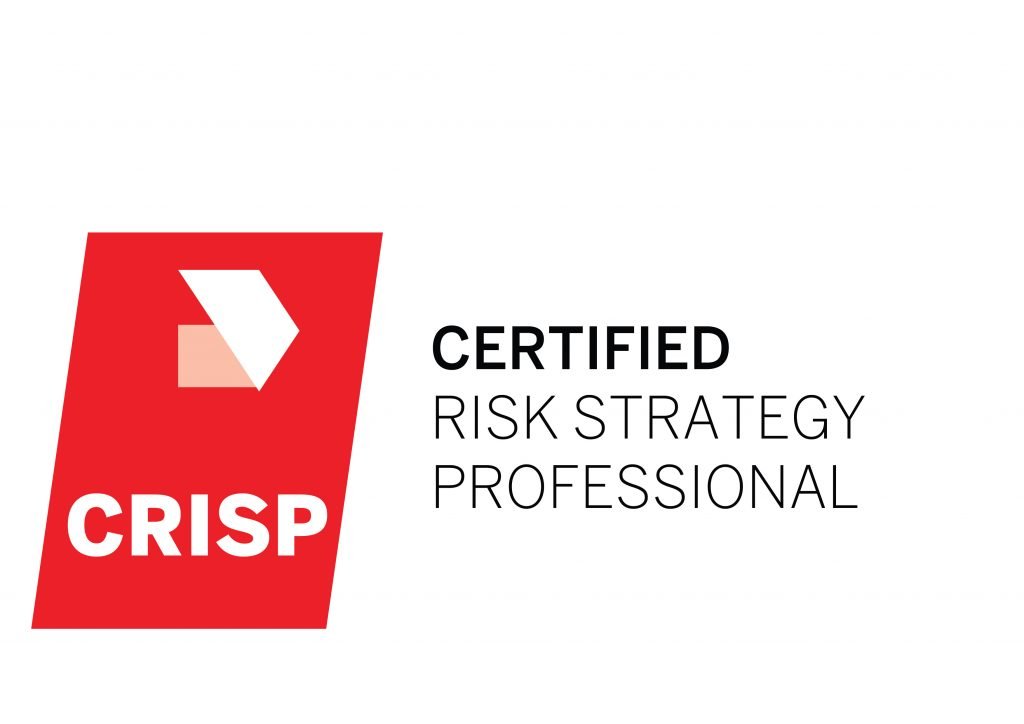Enhance your career with courses in Cybersecurity, Fraud Risk Management, and Personal Productivity. Gain the skills to protect systems, manage risks, and optimize your performance. Start today to stay ahead in a competitive job market!
- 4th floor block B Ntinda Complex Kampala-Uganda
- admissions@forensicsinstitute.org
- +256 784 270586/ +256783373637
Latest blogs







